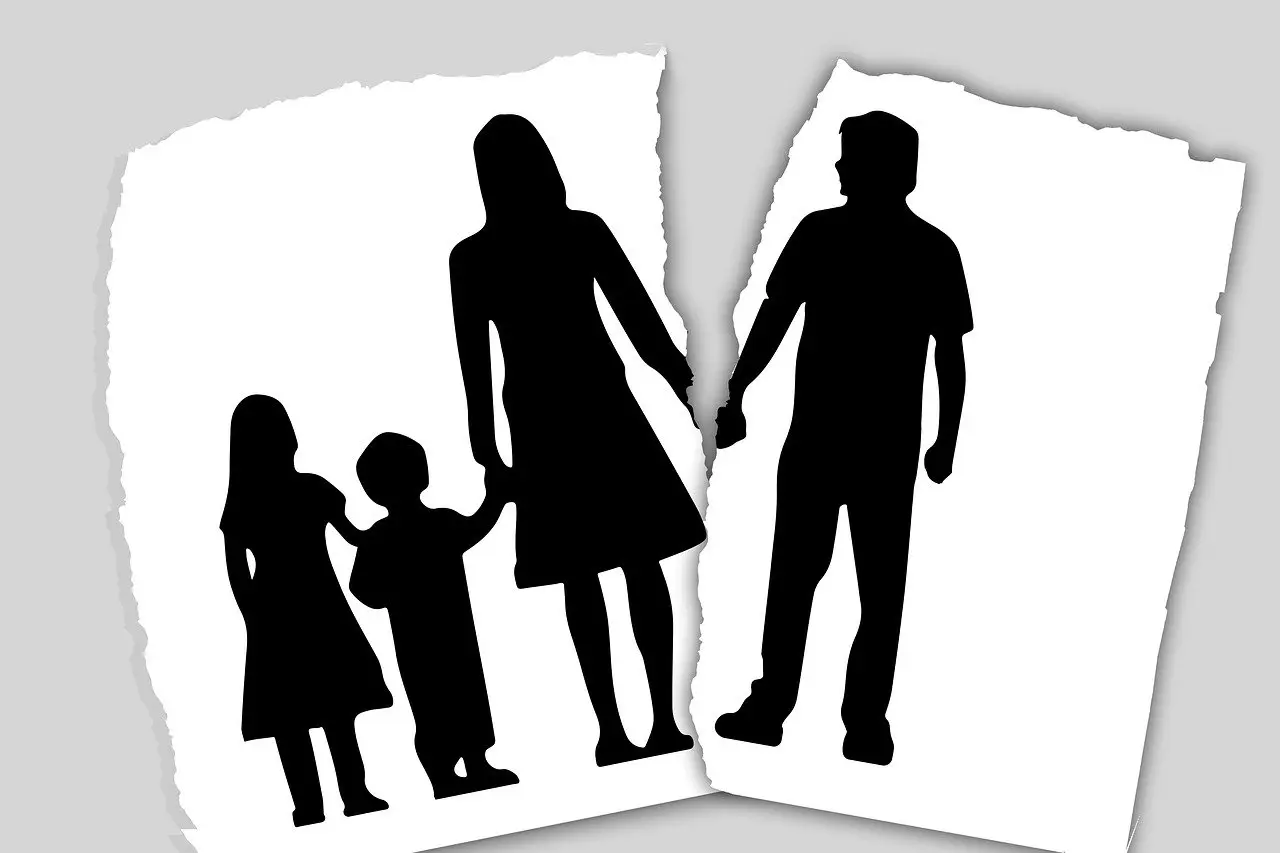The elephant in the living room
In most of the African continent, Many men continue to nurture condescending and misogynistic attitudes with a fear of showing any physical or verbal affection to their children. The tribal norm disables the father bond. At home, a majority of men will enforce their demand for respect through fear and violence--even if they don't work.
Understanding gender dynamics in Kenya

The root: Toxic belief systems
In most of the African continent, many men continue to nurture condescending and misogynistic attitudes—with actions—towards women and girls. At home, a majority of men will enforce their demand for respect through fear and violence—even if they don't work.
This pattern begins with a toxic belief system—a set of primeval core values that are no longer serving society but are hard to break free from.
The toxic father paradigm
Toxic fathers are defined by a general belief that a 'good' father is to be feared—but rarely seen. The children must not be nurtured or shown kindness by the father. Commonly, he will not know the first name of any of his sons or daughters—addressing them by birth order only. Any kindness, play—even smiles—shown by a father to a child will be judged as "effeminate" behavior by the elders, resulting in great disgrace.
The devastating impact
This toxic paradigm creates profound consequences that ripple through generations:
- An orphaned, fatherless society—where fathers are physically present but emotionally absent
- Repetitive trauma as victims of—and witnesses to—their mother and siblings being beaten regularly
- Marked by a deep sense of father-rejection, child abandonment—and fear of the future
- Creates a hopeless future—for a boy, he has no example of how a boy can become a man. There is no faith without hope
The co-conspirator: Well-intentioned harm
A major co-conspirator came into play around the year 2000. After the 30-year rise of radical feminism in Westernized nations, large billion-dollar foundations and government humanitarian aid organizations began to believe they had the right—no, duty—to modernize the role of women in African society.
They began making billion-dollar bribes (grants) to stimulate Education, Entrepreneurship, and Gender Affairs Departments in Kenya. The deal was always the same:
- To exclusively empower girls and women in Kenya (and other developing nations)
- While intentionally penalizing the same government branches if they gave any funding to empower or help the male half of the human race
By 2016, a presidential poll of child-centric humanitarian or religious charities revealed that over 750 humanitarian and church organizations were focused on helping the Kenyan girl.
The same poll—looking for boy-centered aid—found 0 organizations operating in Kenya.

A lose-lose perfect storm
These factors have created a lose-lose perfect storm of riots (by young jobless men), familial abuse, rampant teenage pregnancies, male suicide, femicide, murder, and the ascent of Kenya to the distinction of having the highest percentage of fatherless households on Earth.
As GBV continues to rise—unmitigated by a detached legal system—unprotected mothers and "their" children are fighting back, sometimes with homicidal outcomes.
Today, unchecked toxic values and practices, passed down through an ancient "tribal code," justify misogyny, GBV, corruption, and irresponsibility by men. Ancient codes continue to allow—even privately approve of—abuse, entitlement, and violence.
In most of the African continent, men unknowingly walk on the broken glass of unearned respect—the same respect once earned and given to men who fought as warriors and provided life-sustaining protein as hunters has no place in 21st-century Kenya. Back then, these men who risked—and often lost—their lives in their noble quest to protect their tribal village were given special honors.
Many African men today expect the same—even if they don't work, co-parent, or lift a finger to carry water. In light of 70% unemployment, most men do not work. Many are entitled "boys who shave," and seem happy to leave 80% of the hard work to the mothers and children.
Yet over time, their souls become cancerous—and they lose respect for themselves. Almost overnight, this loss turns into self-loathing—and soon—into blaming and attacking others to redirect their pent-up rage.
We understand the plight of an angry man, and our process brings him back to both himself and his family.
It is due to two things:
- The loss of meaningful purpose for men. Throughout history, a purposeless man—with no job or hope of one—and who has been taught that HE is not the parent of the children—SHE alone is—combine to rob a man of self-respect. Many men—over time—turn to substances—even suicide—to drown out their inner self-loathing. Others turn their hatred outward.
- The systematic exclusion of men from the modern social contract. For decades, the narrative—and the funding—has been that women and girls are the only victims and the only ones worthy of help. This has created a massive, invisible underclass of boys who are not parented—and men who are not seen. A boy is taught by his father that he is superior—only to be told by the outside world that he is the problem. He is given no tools—no education on modern masculinity—and no pathway to earn the respect he is conditioned to demand. This cognitive dissonance—the gap between his inherited entitlement and his actual societal value—breeds a deep, silent resentment. He is set up to fail—and when he does, he is solely blamed for it, creating a self-fulfilling prophecy of anger and violence.